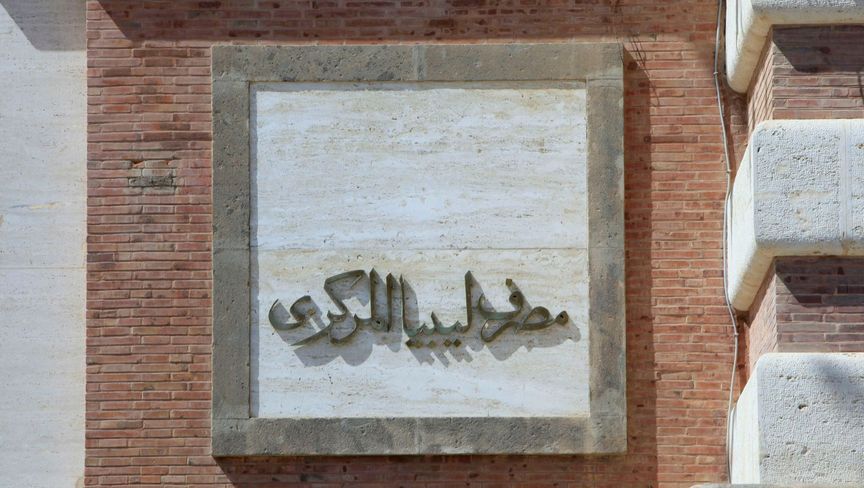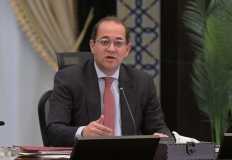
The Libyan Parliament has approved the appointment of a new governor for the Central Bank, thus ending the dispute over control of the country's vast energy revenues. This move paves the way for a full resumption of oil production.
The House of Representatives in Benghazi unanimously approved the appointment of Nagy Issa as the governor of the Central Bank of Libya during a live session on Monday. A new board of directors for the bank is scheduled to be appointed within ten days.
The United Nations stated that
the Libyan parties had reached a "settlement" regarding the
appointment of new leadership for the Central Bank of the OPEC member state, a
preliminary step towards resolving the crisis.
Libya produces around 1.2 million
barrels of crude oil per day, but this figure dropped to less than 450,000
barrels in late August after the divided government in the west dismissed the
long-standing governor of the Central Bank, Seddik El Kabir. In response, the
rival government in the east ordered the closure of oil fields.
On September 26, the two rival governments in Libya signed a UN-brokered agreement to appoint Nagy Issa, who previously served as the head of the issuance department at the Central Bank, as the new governor. This crisis is considered the worst the country has faced in about four years.





